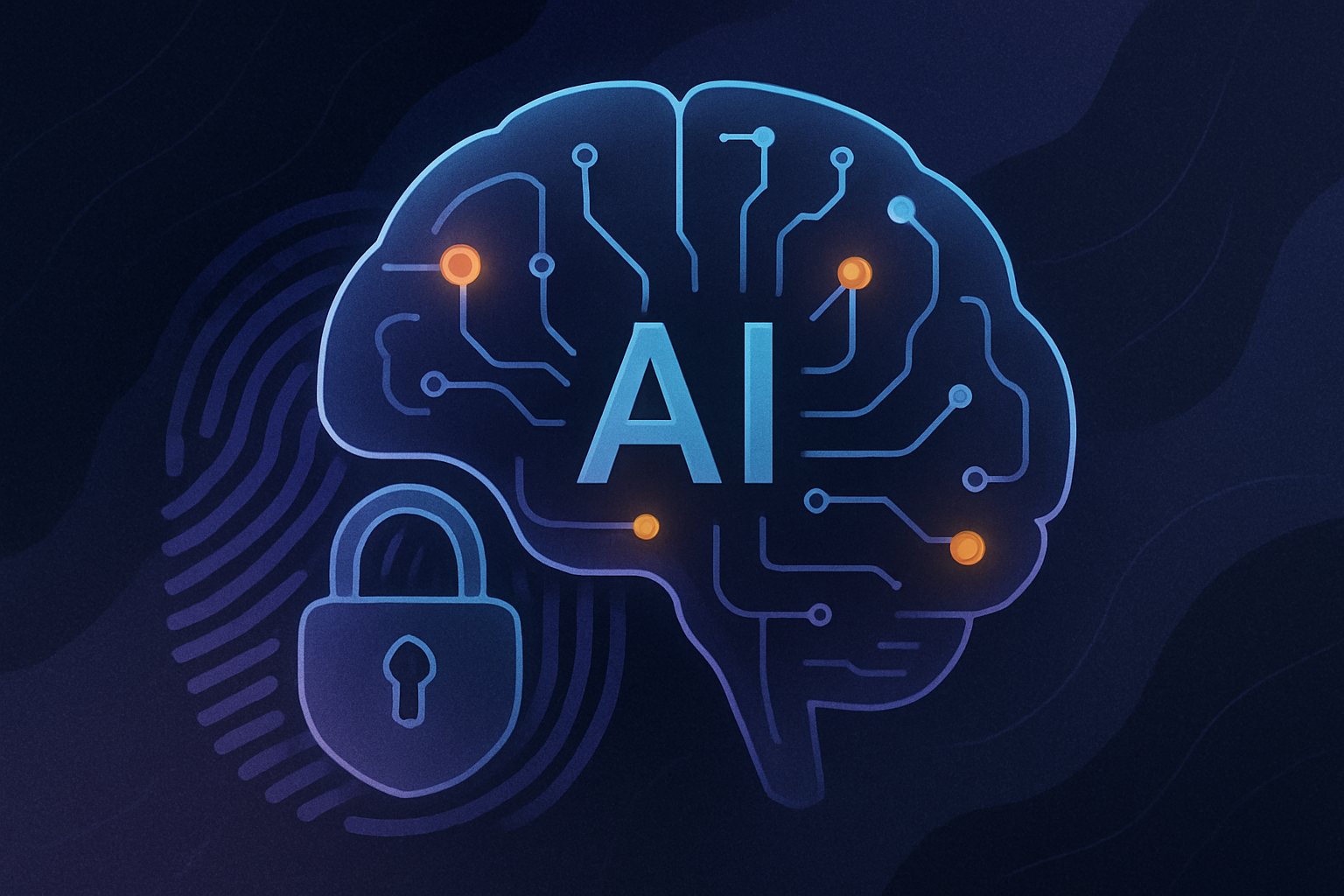AI & Privacy: A Beginner's Guide to Staying Safe
A beginner's guide to understanding the privacy implications of AI and practical steps you can take to protect your personal information.

AI and Privacy: What Every Beginner Needs to Know
Artificial intelligence is rapidly changing our world, offering incredible opportunities but also raising important questions about privacy. As AI becomes more integrated into our daily lives, understanding how it impacts your personal information is crucial. This guide is designed for beginners to navigate the complex landscape of AI and privacy, empowering you to make informed decisions and protect your data.
Why Privacy Matters in the Age of AI
AI systems learn from data. The more data they have, the better they become. This often means collecting vast amounts of personal information, from your browsing history to your location data. Understanding why this is happening and how to manage your privacy is important. Here’s why it matters:
- Data Collection: AI algorithms collect data from various sources like search engines, social media platforms, online transactions, and IoT devices.
- Informed Consent: Often, users aren't fully aware of the extent of data collection or how it's used. Understanding privacy policies is vital, but often difficult.
- Potential Misuse: Your data can be used for things you didn't agree to, like targeted advertising or, in extreme cases, discriminatory practices.
Understanding the Risks
AI-driven technologies come with several privacy risks:
- Data Breaches: AI systems, like any digital system, are vulnerable to cyberattacks. A breach can expose sensitive personal information to malicious actors.
- Algorithmic Bias: AI algorithms can perpetuate and amplify existing biases in the data they are trained on, leading to unfair or discriminatory outcomes.
- Privacy Violations: Some AI applications, like facial recognition, can be used to track and monitor individuals without their knowledge or consent, raising serious privacy concerns.
Practical Steps to Protect Your Privacy
Fortunately, there are steps you can take to protect your privacy in the age of AI:
- Review Privacy Policies: Take the time to read and understand the privacy policies of the AI tools and services you use. Pay attention to what data they collect, how they use it, and with whom they share it.
- Adjust Privacy Settings: Configure your privacy settings on social media platforms, search engines, and other online services to limit the amount of data you share.
- Use Privacy-Focused Tools: Consider using privacy-focused search engines like DuckDuckGo, which don't track your searches. You can also use VPNs to encrypt your internet traffic and hide your IP address.
- Be Mindful of What You Share: Think before you post or share personal information online. Once something is on the internet, it can be difficult to remove completely.
- Stay Informed: Keep up to date on the latest developments in AI and privacy. Follow reputable news sources and privacy advocacy groups to stay informed about emerging threats and best practices.
Automation and Privacy: A Powerful Combination with Make.com
While AI presents privacy challenges, automation tools can help you regain control of your data. Platforms like Make.com allow you to automate tasks related to privacy management. For example, you can create scenarios that automatically:
- Scrape and Analyze Privacy Policies: Set up a scenario to periodically check the privacy policies of your favorite websites and notify you of any changes.
- Manage Consent Forms: Automate the process of collecting and managing consent forms for data usage.
- Anonymize Data: Build workflows that automatically anonymize your personal data before it's used in AI applications.
Imagine automatically receiving an alert when a website you frequently visit changes its privacy policy! With Make.com, this level of control over your data is within reach, even for beginners. The visual interface makes it easy to design custom workflows without needing to write any code. You can connect Make.com to thousands of apps and services, creating powerful automation solutions that protect your privacy.
The Future of AI and Privacy
The relationship between AI and privacy is constantly evolving. As AI technologies become more sophisticated, so too will the challenges to our privacy. However, by staying informed, taking proactive steps to protect your data, and leveraging tools like Make.com, you can navigate this complex landscape with confidence and protect your personal information in the age of AI.
Conclusion
AI is a powerful force with the potential to transform our world. But it's important to approach it with awareness and caution. By understanding the risks and taking steps to protect your privacy, you can harness the benefits of AI without sacrificing your personal information. Start with the basics, explore automation tools, and stay informed – your privacy is worth protecting.
Frequently Asked Questions
What are the biggest privacy risks associated with AI?
The major risks include data breaches, algorithmic bias leading to unfair outcomes, and the potential for surveillance and tracking without your consent.
How can a beginner use Make.com for privacy management?
Make.com can automate tasks like monitoring privacy policy changes, managing consent forms, and anonymizing personal data. Its visual interface makes it accessible even without coding experience.
Is protecting my privacy online complicated for someone new to AI?
While the topic can seem daunting, simple steps like reviewing privacy policies, adjusting your settings, and using privacy-focused tools can significantly improve your protection. Automation tools like Make.com can further simplify these processes.
What kind of data is typically collected by AI systems?
AI systems can collect various data types, including browsing history, location data, personal information from social media, and data from connected devices.
Affiliate Disclosure: Some of the links on this site are affiliate links. I earn a small commission if you make a purchase through them—at no extra cost to you. Thank you for your support!